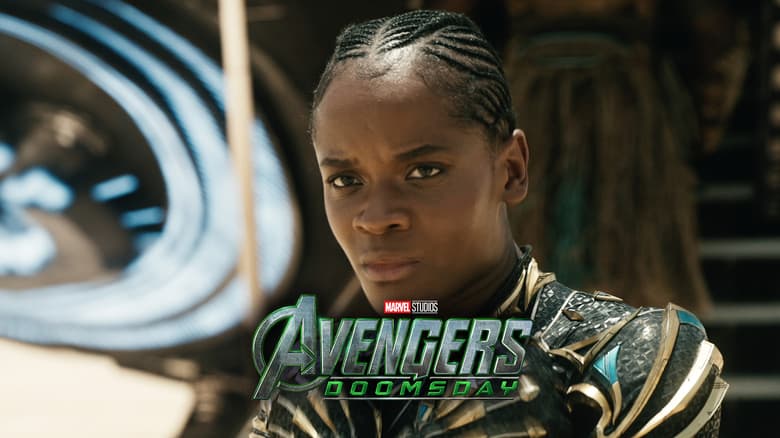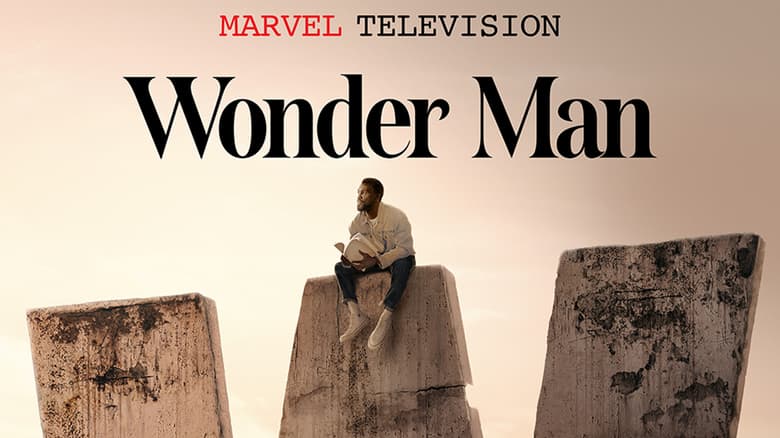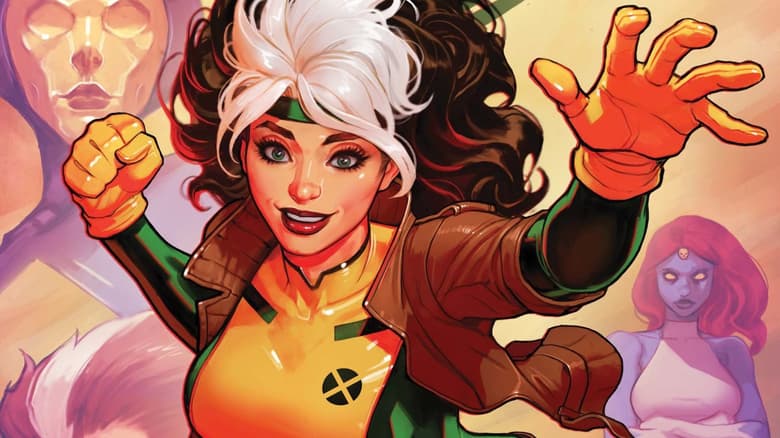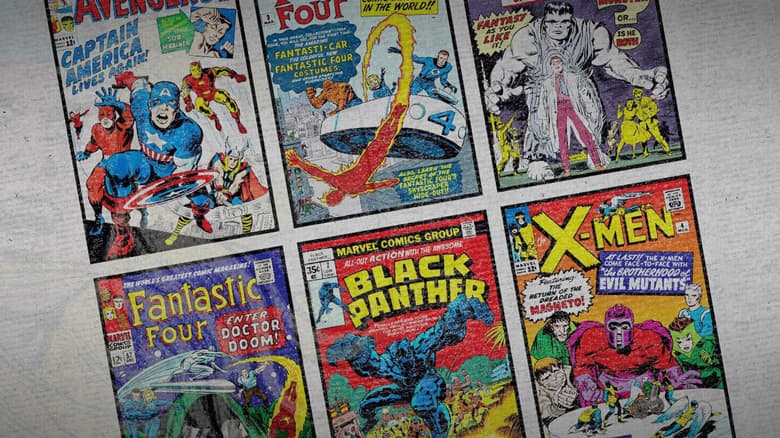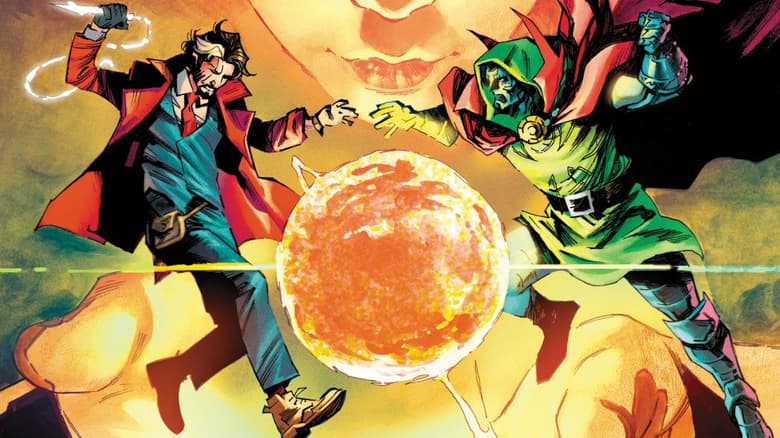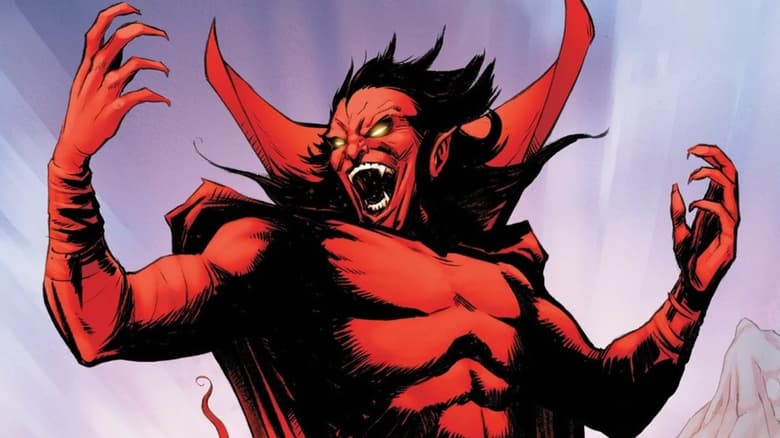Young Loki Determined To Find Out Who He's Meant To Be In 'Loki: Where Mischief Lies' Novel
Author Mackenzi Lee talks about taking The God of Mischief on new adventures! Plus an excerpt!
It’s hard to imagine, but the Loki we know and love was once a young boy, desperate to prove himself heroic and capable. In the YA novel LOKI: WHERE MISCHIEF LIES, readers get a look into the God of Mischief’s youth and where the dichotomy of his morals began.
Continually doubted, his one true ally is Asgard’s resident sorceress-in-training, Amora. But their friendship is tested and Loki embarks on a journey in nineteenth-century London that puts him on a path of discovery.
Author Mackenzi Lee discusses what it was like to channel the Prince of Lies and help him find his path.
Marvel.com: When you read about young Loki—he’s very much like the Loki that fans are used to—that is, he’s desperate for acceptance and power yet somehow has a benevolence, albeit buried way down deep inside of himself. What did you do to differentiate young Loki in the book from the Loki we know currently in pop culture?
Mackenzi Lee: When I started writing teenage Loki, I saw him as unformed. Not only is he not quite the morally grey character we love from the MCU and comics, he’s also not sure if he’s morally grey yet. He’s still finding his place in Asgard, in the world, in his own mythology, and trying to figure out whether what he actually chooses even matters or if choices were made for him long ago. It was such a fun, interesting dichotomy to write—a character trying to decide who he wants to be while also understanding he may not have any choice. It’s part of why I love writing YA in general. It’s such an incredible tipping point for young people who are trying to decide what sort of adults they want to grow into.
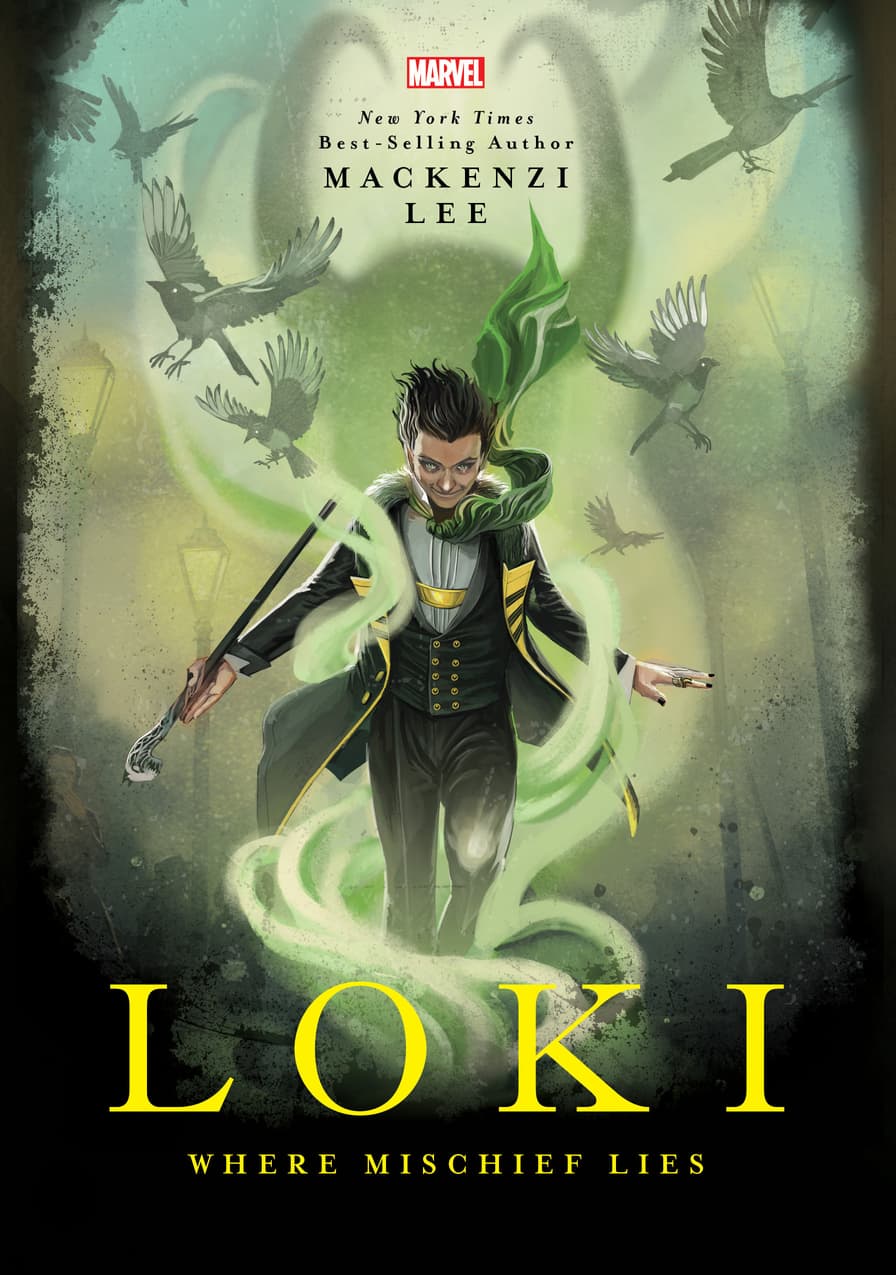
Marvel.com: Amora is like a kindred spirit to Loki, how did you write her to be his equal, but also have a depth of humanity that he often lacks?
Mackenzi Lee: Amora was such an interesting foil for Loki, because he sees in her a lot of things he wish he was. But because of that, he tends to romanticize her, and is blind to a lot of her faults. He sees her as someone to aspire to be like because she’s confident and self-assured, while he still feels like he’s floundering in his own identity. When I wrote Amora’s character, I tried to keep in mind not only what Loki sees in her, but also what he doesn’t see, which ends up being almost more important to their relationship.
Marvel.com: When Loki destroys the Godseye Mirror, he has a very Loki-like reaction. Instead of fear, he gets a taste of what his power is capable of. In lore, this has always been Loki’s downfall. How did you channel his personality to write that scene?
Mackenzi Lee: Loki is such a fun character to write, especially this younger version of him when he’s still questioning a lot of his gut reactions to what’s happening to him and whether they make him a good guy or a bad guy. He’s still trying to figure out what makes him powerful, what sort of power is valuable, and whether the things that make him different are also the things that make him strong—or, as he sometimes worries, dangerous. And then whether or not he likes that danger. So much of channeling his character was taking the fully formed version of Loki we’ve seen before and then working backwards and thinking about how he got there.
Marvel.com: By changing the location from Asgard to London, were you trying to throw Loki off balance as far as the normality of the kingdom he’s used to?
Mackenzi Lee: Definitely! When my editor first approached me about this project, she mentioned considering setting it in a Jack the Ripper-esque backdrop. I’m a true crime junkie, and obviously a primarily historical fiction writer, so I jumped on the chance not only to explore the incredibly weird culture of crime obsession in Victorian London, but also what it would be like for Loki to be thrust into that setting as someone who not only comes from a very different culture, but a very idealistic culture that he hasn’t realized is such. He’s spent a long time feeling trapped and frustrated with Asgard, only to get out on his own and discover the privilege he comes from in Asgard--and that so many people he’s thought below him have complex emotional lives just like his. It definitely deepens his empathy, while simultaneously he’s not sure he wants that empathy to grow because once you get attached to things, it’s easier to get hurt and be manipulated.
Marvel.com: Would you say the team up of Amora and Loki is as formidable as Thor and Loki—that is, when the brothers do work together—which is rarely?
Mackenzi Lee: Amora and Loki is such a different team than Thor and Loki. Their power comes from the same place—Thor is a warrior, but Amora and Loki are both sorcerers, which means they definitely make a strong team, but also it means they have a lot of the same weaknesses and blind spots. And aren’t afraid to exploit those in the other.
Thanks to Disney Publishing/Marvel Press, we have a brand new excerpt for you!
READ AN EXCLUSIVE EXCERPT FROM Loki: Where Mischief Lies BELOW.
When the shimmering haze of the portal that had sent him from Asgard to Earth cleared, Loki discovered that he had been dropped in the middle of nowhere. Midgard was already fairly middle-of-nowhere as far as the Nine Realms went, and in this particular spot, there was also no discernable speck of civilization. And it was raining. He hadn’t even taken his first real step on Midgard and he was already up to his ankles in mud.
The countryside around him was not altogether unpleasant, but it was just that—countryside. Rolling hills in riotous green where small white dots of sheep grazed, soggy and bleating in annoyance. Loki wished he could join them in their protestations. He took a step, prying his foot from the sucking mud. He nearly left a boot behind, and was shocked when his foot landed not in another puddle of squelching mud but on something hard. He looked down. He had been deposited on some sort of track, two parallel iron bars driven into the ground connected by perpendicular wooden boards.
An earsplitting whistle startled him so badly he nearly tipped over. He looked up. Something was barreling at him along the track, spitting black smoke into the sky. The rain spat and fizzed off its metal siding. It let out another shriek, clearly having no intention of slowing down, and Loki leaped out of the way, conjuring his knife on instinct.
It was a train—he only realized it as it chugged past him, pistons pushing the wheels along the track. From his perch in the engine, the driver shouted something that Loki was certain was an obscenity. He struggled to his feet, tucking his knife back into his sleeve. He had forgotten just how primitive Midgardians were, how fantastically behind their technology was compared to the Asgardians’. Steam trains were archaic. What backward hole had his father dropped him into?
Loki watched the train pass, the first few cars lined with windows behind which Loki could make out the dim, crouched shapes of humans. The back half of the train was black windowless cars. On the sides an emblem had been painted—a snake eating its own tail surrounding a skull with crossed bones beneath it. There were words as well, but the train was moving faster than the Allspeak could translate them.
He looked down at himself, mud now splattered up to his knees and his clothes sticking to him from the hot rain. He sighed, then conjured a small spell to shield himself from the rain. Frigga had warned him that Midgard would drain his strength faster than Asgard, and without magic thick and native like it was on his home realm, his power would be slower to replenish. Small spells would take more energy, and in excess, would eventually bleed him dry. Magic didn’t live in the air here like it did in Asgard—he would have to rely on the built-up reserves of strength his mother had taught him to carry like canteens of water on a desert expedition.
But surely his own comfort constituted some kind of emergency.
His father had given him the name of the meeting site where the SHARP Society would be waiting for him—the Norse Wing of the British Museum in London. Like that meant anything. Whatever it was, he was certain it wasn’t in the middle of this emerald landscape and driving rain. He followed the train tracks up the hill, and when he crested it, he could see where the sky darkened ahead, black smoke from stacks turning the sky smudged and thick. Even the rain seemed to flinch away from it.
London, he thought, and began to follow the tracks toward it.
Pre-order LOKI: WHERE MISCHIEF LIES, available on September 3, wherever books are sold, including Amazon, Barnes & Noble, and Indiebound!
The Daily Bugle
Can’t-miss news and updates from across the Marvel Universe!
